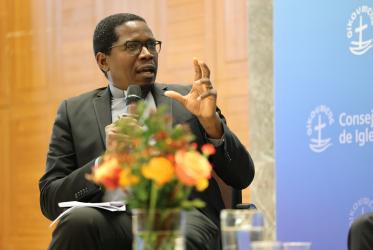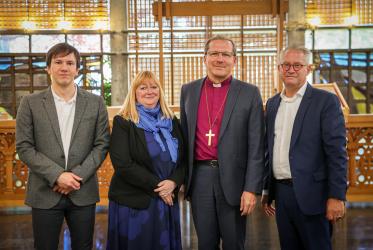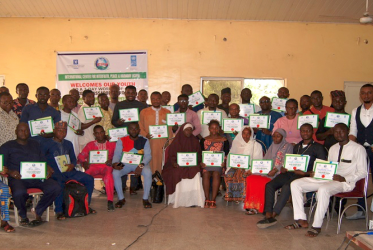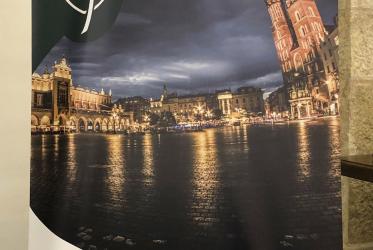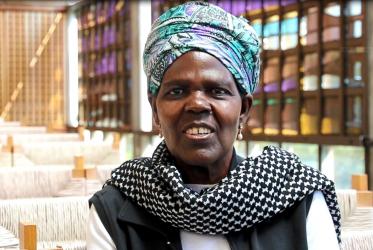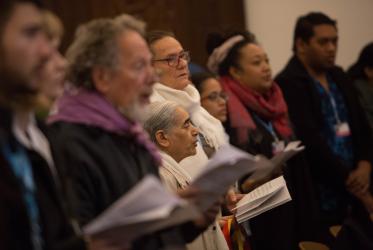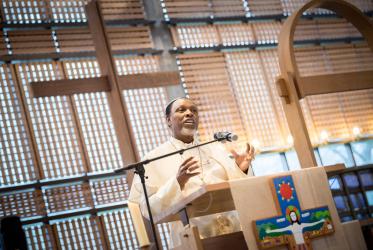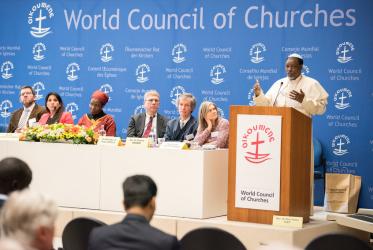Displaying 1 - 20 of 38
07 February 2024
WCC hosts visitors from Finland, Germany, and Sweden
29 September 2023
Driven by God’s grace and a sense of duty
05 November 2020
WCC well-represented in Religions for Peace leadership
07 October 2019
WCC moderator “A call for equality in God’s house”
08 April 2019
Faith groups at COP24 advocate for just transitions
05 December 2018
Paving the way for ecumenical studies, learning English in Bossey
24 September 2018
#WCC70: Nathan Söderblom, ecumenical pioneer
29 August 2018
Walking together against hatred and violence
26 February 2018
